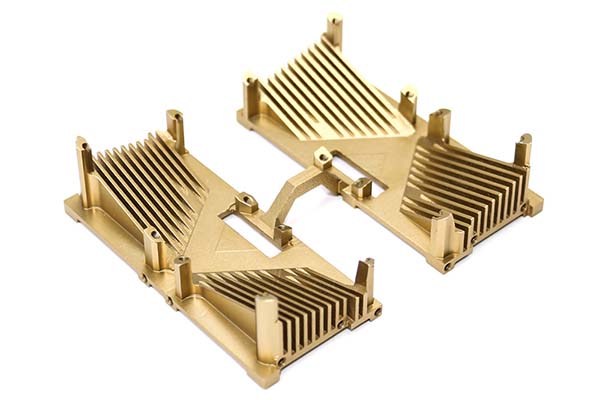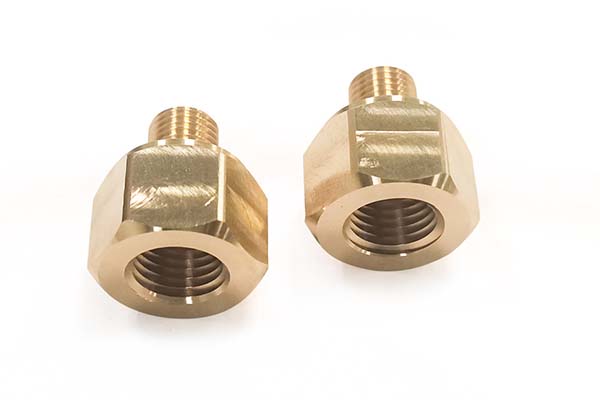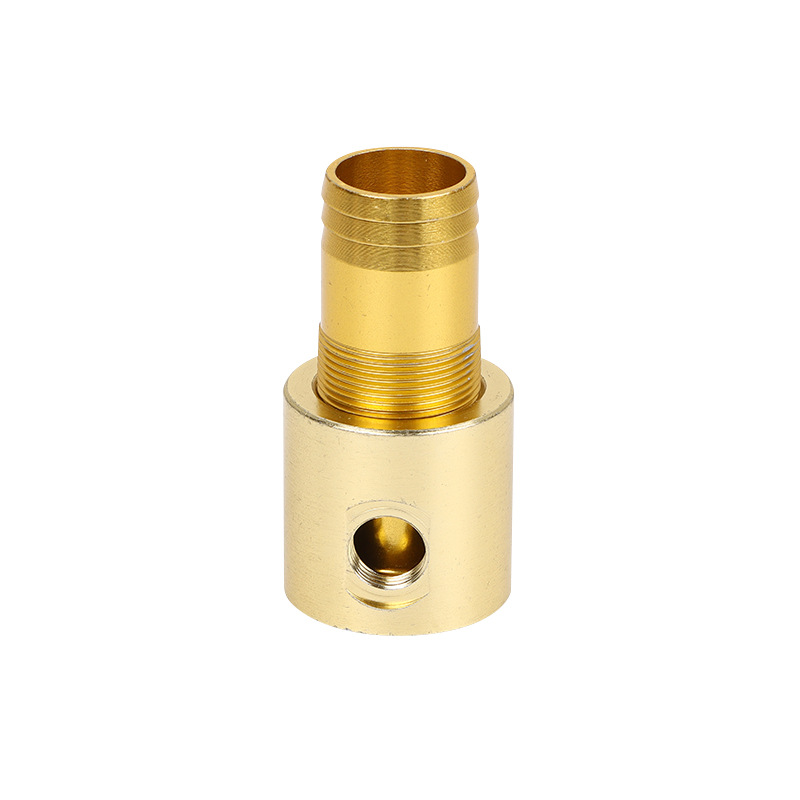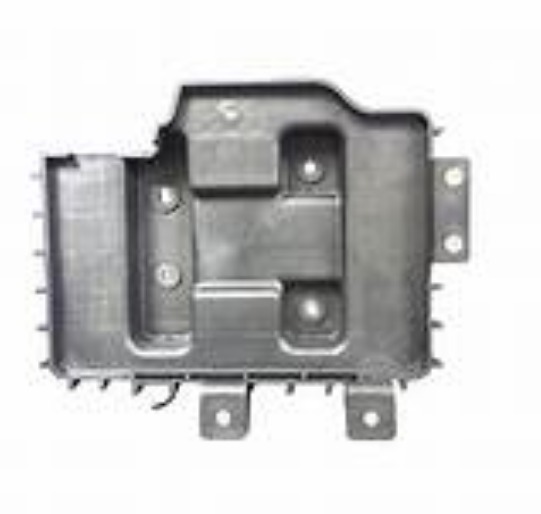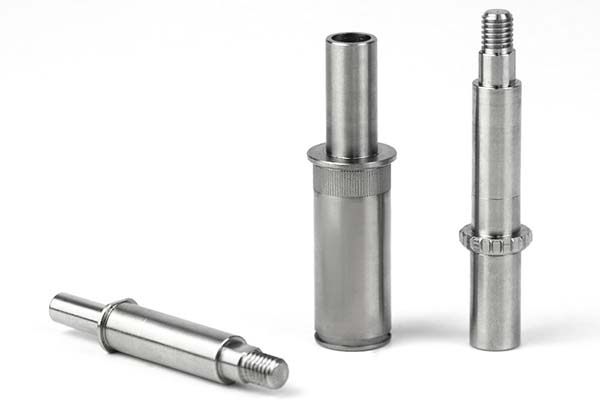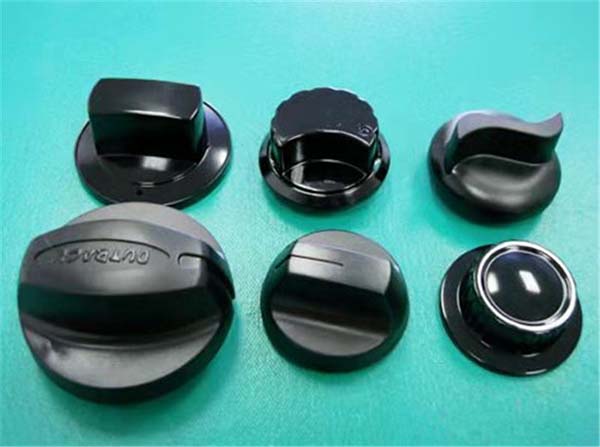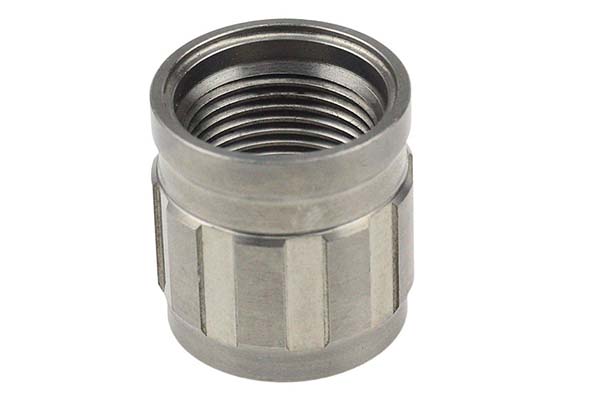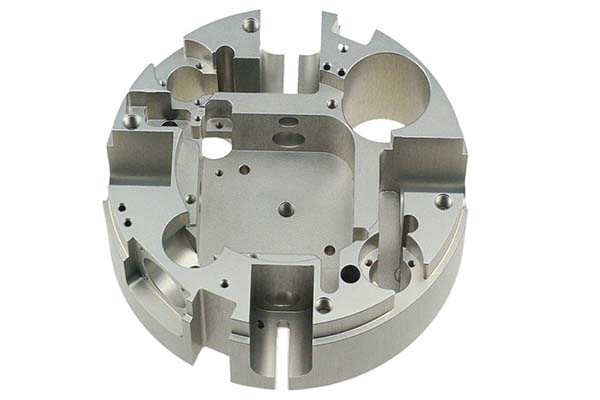When your project requires precision parts, custom metal components, or specialized fabrication, the first question that often comes to mind is: “Where can I find trustworthy machining services near me?” Whether you’re an engineer rushing to meet a prototype deadline, a small business owner needing batch production, or a procurement manager comparing quotes, the challenge of finding local expertise that balances quality, cost, and turnaround time is real.
According to a 2024 survey by the Precision Machining Association, 68% of manufacturers cite “proximity to service providers” as a critical factor in reducing lead times, with local partnerships cutting average delivery times by 3.2 days compared to remote suppliers. This guide will walk you through everything you need to know about identifying, evaluating, and selecting the best machining services in your area—from understanding the types of services available to comparing quotes and verifying quality standards.
Machining Services Providers: Who Does the Work?
The backbone of any successful machining project is the right service provider. Local machining businesses come in many forms, each with unique capabilities and specialties.
Machine shops are the most common, offering general machining services for both metal and plastic components. These range from small, family-owned operations handling custom one-offs to large industrial facilities with automated production lines.
CNC machining companies specialize in computer numerical control (CNC) processes, which use pre-programmed software to control machine tools—ideal for high-precision, repeatable parts. A 2023 industry report notes that CNC-driven shops now account for over 75% of precision parts production in North America, thanks to their ability to achieve tolerances as tight as ±0.0001 inches.
Precision machining firms focus on complex components requiring strict adherence to design specifications, often serving aerospace, medical, and defense industries. Meanwhile, metal fabrication services handle larger structures, combining machining with welding, bending, and assembly.
Don’t overlook custom machining service providers for unique projects—these specialists thrive on unusual designs or materials that standard shops might avoid. When researching, prioritize local machining businesses with a track record in your industry; a shop experienced in automotive parts may struggle with the tight tolerances required for medical devices.
Types of Machining Services: Matching Process to Project
Not all machining is created equal. The process you choose depends on your material, part complexity, and precision needs. Here’s how to match the service to your project:
- CNC milling and CNC turning are the workhorses of the industry. Milling uses rotating cutting tools to remove material from a stationary workpiece, perfect for flat or irregular shapes. Turning, by contrast, spins the material against a fixed tool—ideal for cylindrical parts like shafts or bushings.
- Precision grinding achieves ultra-smooth surface finishes, often used as a final step to meet strict flatness or roundness requirements. It’s common in bearing production, where surface roughness as low as 0.02 micrometers may be specified.
- Electrical discharge machining (EDM) uses electrical sparks to erode material, making it suitable for hard metals or intricate shapes that are impossible to cut with traditional tools. Medical device manufacturers frequently use EDM for surgical instrument components.
- Laser cutting and water jet cutting excel at sheet materials. Laser cutting offers speed and precision for thin metals, while water jet cutting handles thicker stock or heat-sensitive materials like plastics without warping.
- For prototyping, prototype machining services specialize in quick-turnaround, low-volume production—critical for testing designs before full-scale manufacturing. Many shops now offer multi-axis machining, which uses 4, 5, or even 6-axis machines to produce complex geometries in a single setup, reducing errors from multiple operations.
Local Machining Service Locations: How to Find Them
Locating nearby machining services requires a mix of digital tools and local networking. Start with targeted searches using phrases like “machining services in my area” or “nearby precision machining facilities” on Google Maps—this will pull up local CNC machining centers with reviews, addresses, and contact information.
Industry directories, such as the ThomasNet or MFG, allow you to filter machining services by city and even request quotes directly. Regional trade associations, like the National Tooling and Machining Association (NTMA) chapters, often maintain lists of certified local providers.
Don’t underestimate word-of-mouth: 42% of manufacturing professionals in a 2024 poll reported finding their best suppliers through industry referrals. Ask colleagues about “closest machining services” they’ve used, focusing on those with experience in your material—for example, a shop specializing in aluminum may not be the best fit for titanium parts.
When evaluating locations, consider logistics: a shop 10 miles away with slow shipping may be less efficient than one 30 miles away offering same-day delivery for urgent orders.
Machining Service Equipment: The Tools of the Trade
A shop is only as good as its equipment. Modern machining centers are marvels of technology, each designed for specific tasks:
- CNC machines are the backbone, with advanced models like 5-axis mills capable of producing complex parts in minutes. Look for shops with recent equipment—machines less than 5 years old often have better accuracy and software integration.
- Lathes (manual or CNC) handle rotational parts, while milling machines shape flat or irregular surfaces. A shop with both can handle most general machining needs.
- Grinding machines come in varieties like surface grinders (for flat parts) and cylindrical grinders (for round components), essential for achieving tight tolerances.
- Specialized equipment like EDM machines or laser cutters indicates a shop prepared for complex projects. For large-scale metal fabrication, check for press brakes (for bending) and shearing machines (for cutting sheets).
Ask potential providers about their equipment maintenance schedules. A well-calibrated machine ensures consistent results—shops that perform weekly calibration checks reduce part variability by up to 35%, according to a 2023 quality study.
Quality and Standards in Machining Services
Quality isn’t optional in machining—it’s the difference between a part that works and one that fails. Start by verifying ISO certification: ISO 9001 is the baseline for quality management, while ISO 13485 is critical for medical device components. Aerospace clients should look for AS9100 certification, which includes strict traceability requirements.
Tolerance levels measure how much a part can deviate from its design dimensions. Most general machining holds ±0.005 inches, but precision jobs may require ±0.0005 inches or tighter—confirm that your shop’s equipment can achieve this.
Surface finish quality is equally important, measured in microinches (Ra). For example, hydraulic parts often need Ra 8–16 for proper sealing, while bearing surfaces may require Ra 2–4. Ask about inspection methods: shops using coordinate measuring machines (CMMs) or optical scanners can provide detailed reports verifying compliance.
A robust quality control in machining process includes in-process checks, final inspections, and documentation. Reputable shops will share their quality assurance processes upfront, including how they handle non-conforming parts—look for those with less than a 0.5% rejection rate, as reported by top performers in the 2024 Precision Machining Benchmarking Report.
Cost and Pricing of Machining Services
Understanding machining costs helps avoid budget surprises. Prices vary based on several factors, so request detailed machining service quotes that break down expenses:
- Material costs depend on type (aluminum vs. stainless steel) and form (sheet, bar, or custom billet). Rare materials like Inconel can add 300–500% to base prices.
- Labor costs reflect the skill required: a CNC programmer setting up a 5-axis job earns more than a machinist running a simple lathe.
- Tooling costs are often overlooked but critical—specialized cutters for hard plastics or exotic metals can add \(50–\)500 per job.
- Lead time impact on pricing is significant: rush orders may cost 50–100% more. Planning ahead can save money, as standard lead times (7–14 days) allow shops to optimize scheduling.
Volume pricing discounts apply to large orders—producing 1,000 parts may cost 40% less per unit than 100 parts, thanks to reduced setup time. For small projects, ask about budget-friendly machining services that bundle similar jobs to lower costs.
When comparing quotes, ensure apples-to-apples comparisons: a lower price may reflect lower quality standards or thinner material gauges. The 2024 Cost Analysis Report by Manufacturing found that choosing the cheapest quote first leads to rework costs 2.3 times higher on average than selecting a mid-range provider with better reviews.
Customer Reviews and Ratings for Machining Services
In the digital age, verifying a shop’s reputation is easier than ever. Start with online reviews for machine shops on Google, Yelp, and Trustpilot—look for consistent praise for on-time delivery and quality, not just 5-star ratings. A shop with 4.5 stars from 100+ reviews is more reliable than one with 5 stars from 5 reviews.
Customer testimonials on the shop’s website can provide deeper insights, especially case studies similar to your project. Ask for references—reputable CNC machining companies will gladly connect you with past clients. When speaking to references, ask:
- Did the parts meet tolerance requirements?
- How did they handle delays or quality issues?
- Would you use them again for a similar project?
Service ratings from industry platforms like ThomasNet or MFG often include performance metrics like on-time delivery rates (aim for 95%+) and response times to quote requests. Avoid shops with frequent complaints about communication or hidden fees—these are red flags for project headaches.
Machining Service Applications: Who Needs What?
Machining serves nearly every industry, with specialized services tailored to unique demands:
- Aerospace machining requires lightweight, high-strength materials like titanium and aluminum, with parts subject to rigorous testing. Tolerances here often reach ±0.0002 inches to ensure safety.
- Automotive machining focuses on high-volume production of engine components, transmissions, and suspension parts, balancing precision with cost efficiency.
- Medical device machining demands biocompatible materials (like 316L stainless steel) and strict traceability, with ISO 13485 certification mandatory.
- Electronics machining handles small, delicate parts—think smartphone components or sensor housings—often using plastic machining for insulation properties.
Even general engineering applications benefit from local expertise. A 2023 survey of product developers found that 83% prefer local shops for prototyping, as they can visit the facility, adjust designs in person, and speed up revisions.
How to Choose a Machining Service: Step-by-Step
Selecting the right provider involves balancing multiple factors. Follow this framework:
- Define your needs: Clarify material, dimensions, tolerances, and volume. A detailed 3D model (STEP or STL file) helps shops provide accurate quotes.
- Check capabilities: Ensure the shop has the equipment for your process (e.g., 5-axis milling for complex parts) and experience with your material.
- Verify quality: Ask for certifications (ISO, AS9100) and sample parts to inspect finish and precision.
- Compare pricing: Evaluate quotes based on total cost, not just unit price—factor in shipping, rush fees, and potential rework.
- Assess reliability: Review customer reviews and references, focusing on on-time delivery and problem-solving.
- Evaluate communication: A shop that responds quickly to questions and provides regular updates will make your project smoother.
Don’t rush the process. A 2024 study by the Manufacturing Leadership Council found that companies spending 10+ hours researching “machining services near me” are 47% less likely to experience project delays than those choosing the first option.
Yigu Technology’s Perspective
As a leading provider of custom plastic and metal parts, Yigu Technology understands the critical role local machining services play in project success. We recommend prioritizing shops with cross-material expertise—those skilled in both plastic and metal machining can streamline production for multi-component assemblies. Proximity matters, but never at the cost of quality: a 10% higher price from a certified local provider often saves 20% in post-production fixes. Look for partners using digital quoting tools—these reduce turnaround times for initial estimates by up to 72%, letting you accelerate project timelines.
Frequently Asked Questions
Q: How long does it take to get a quote from local machining services?
A: Most shops provide quotes within 24–48 hours for standard projects. Complex designs with unique materials may take 3–5 days as they calculate tooling and setup costs.
Q: What’s the difference between CNC machining and traditional machining?
A: CNC machining uses computer programs for precise, repeatable results, ideal for complex parts or large volumes. Traditional (manual) machining relies on skilled operators, better suited for one-off custom parts or simple designs.
Q: Can local machining services handle both prototyping and mass production?
A: Many do, but confirm capabilities upfront. Some shops specialize in low-volume prototypes, while others focus on high-volume production. A full-service shop with both CNC machines and assembly capabilities can manage your project from concept to delivery.
